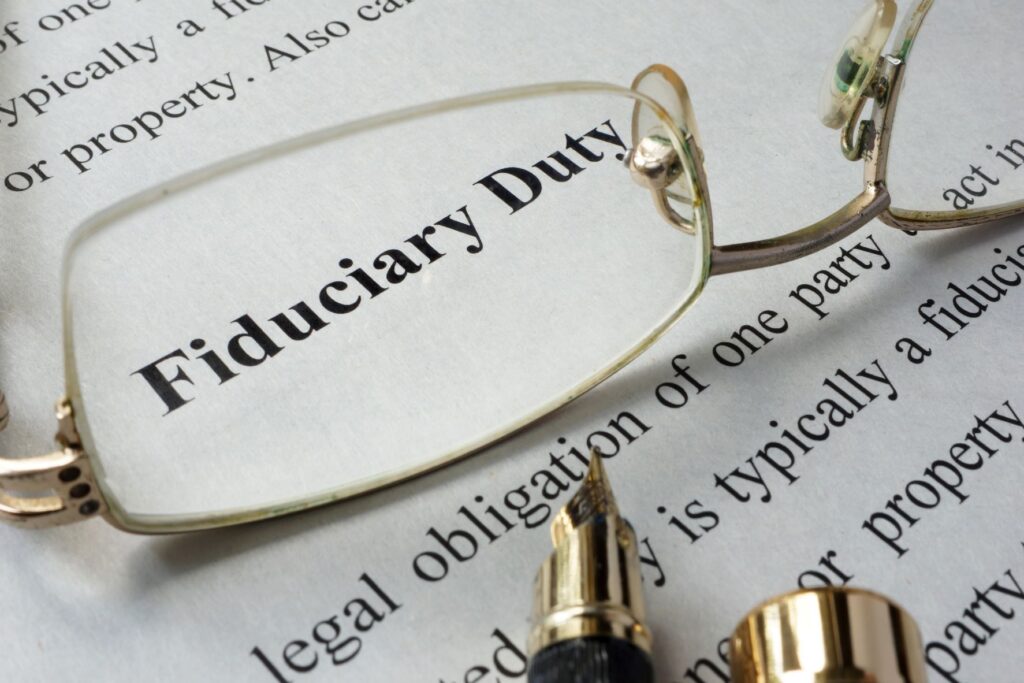Investors, superannuation advisors, and even other super funds were skeptical of industry super funds’ financial year-end performance reports. The regulator’s promise to revise its valuation procedures manual is long overdue. The truth, though, is that the sector has advanced significantly in recent years. Asset revaluations are carried out during heightened periods of volatility to support member equity, and board valuation sub-committees have been created by several funds. Yet, the value of non-publicly traded assets in superannuation funds remains a contentious topic of discussion.
Allocations to unlisted assets continue to rise
Unlisted assets are increasingly being used by several retirement plans and superannuation advice australia. MySuper invests more than 20% of its assets in unlisted property, infrastructure, and private equity, as reported by ASFA’s Superannuation Statistics. Large allocations to illiquid assets have been manageable for some Super funds because of their inflow profile and investment horizon.
Opposition to openness in pricing
There are many arguments that may be made against making things more open and transparent. After receiving widespread criticism from the business community, the original Portfolio Holdings Disclosure laws were significantly scaled down. However, wouldn’t exposure to light dispel the lingering doubt about the worth of unlisted assets?
The fact that no value is ideal regardless of whether it is daily, publicly traded, or not publicly traded at all should come as no surprise. Everyone is aware that the short-term listed equities market functions as a voting mechanism. However, the voting machine is open and fair, applying the same price to all market participants.
Related: How to Maximize Your Superannuation

Mutual funds are required to share their private market values.
Even while it’s unlikely that many members of super funds would go in to check values, more transparency would prompt enough industry examination of who was taking what write-downs, when, and with what methodology to dispel the existing atmosphere of distrust.
If we’re serious about finding a long-term solution, we need to require that funds report their holdings down to the security level, along with values, when each quarter ends. Obviously, as a superannuation advisor in Australia we’re not implying that we need to wait 10 business days after the quarter ends to act. It is important that this data is shared with investors and the industry at large.
This is the sole option for removing the lingering uncertainty. Instead, the question of which fund manager had the best year is still shrouded in mystery.
Is Your Industry Fund Superannuation Safe?
Your retirement savings might be in jeopardy if you rely on passive investment techniques or if the industrial fund sector has illiquidity concerns. Funds in this sector have sought the government for a loan in order to cover redemptions, which is a clear sign of problems. In the emerging coronavirus economy, those who hold their retirement savings in an industrial fund have reason to be anxious.
Bear markets are no time for passive investing.
Conventionally, industry funds have marketed themselves as inexpensive alternatives to other types of investments. Their low fees are a result of the “passive” investing strategy that they often employ with client money also known as index funds. One type of passive investment technique is a “index fund,” which uses a market index or market segment as its primary investment guide.
While indexing helps to keep membership rates down, it does not take into account a company’s balance sheet or strength, both of which become extremely important during times of economic difficulty. Even if global economies plummet, the health of certain market niches and the companies operating there must be taken into account. The moment to choose winners and avoid losers has arrived. Some companies will bounce back stronger than ever, while others will fail and disappear forever.
For instance, the tourism sector was decimated (airlines, cruise lines, travel agencies) during pandemic, retail sales was down, and many restaurants, cafes, bars, and nightclubs were closed. While all these were going on that didn’t stopped Netflix, Amazon, Google, Apple, and Facebook from operating and, in some cases, even profiting off our inactivity.

Controlled Administration
The term “active management” refers to a style of investing in which a human manager actively participates in the process of selecting stocks to purchase, hold, and sell based on a combination of data analysis, projections, and the manager’s own professional judgement and expertise.
The occurrence of the covid pandemic exposes the vulnerability of some firms and industries, hence, the superannuation advices to people now is to put their money into reliable firms rather than those saddled with too much debt to meet their obligations. The current market calls for active fund management, wherein managers pick high-quality assets with a better chance of surviving a downturn such as the pandemic.
Problems with Illiquidity
Presently, industry super funds retain vast quantities of unlisted assets, which are difficult to liquidate. In light of an economic crisis, many industry funds will reduce valuations of illiquid assets held by their “balanced” funds in order to prevent members who redeem their shares or switch to cash options from reaping a windfall at the expense of members who have stayed put in the balanced fund category.
How Do I Proceed?
The importance of quality increases during a down market. Our retirement savings should go towards stable, resilient businesses that we can’t do without. Where and how is your retirement fund invested? It’s time to think about active management and a portfolio tailored to your needs instead of a passive investment of any kind if you’re serious about getting the best possible returns.
The best superannuation advice we can offer you is that you should get to have personalised guidance and a plan in place if you want to take charge of your superannuation, make sure it’s invested in a way that matches your needs, and account in case of an economic downturn such as the coronavirus threat.
Contact Omura Wealth Advisers today to better learn how to managed your super funds for greater retirement experience.

